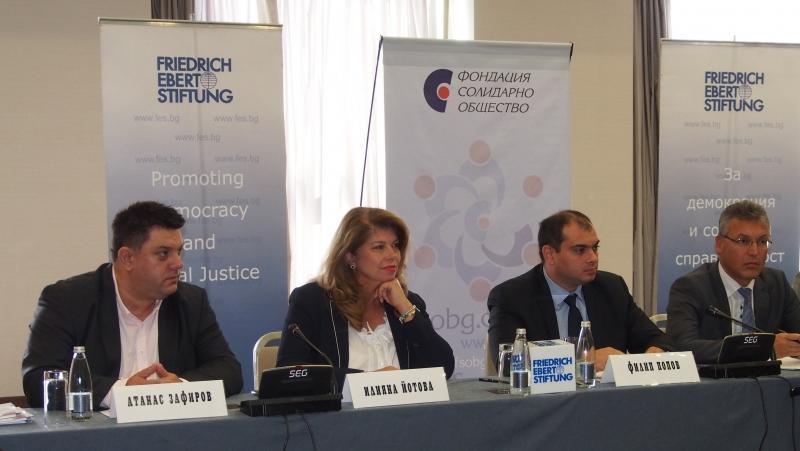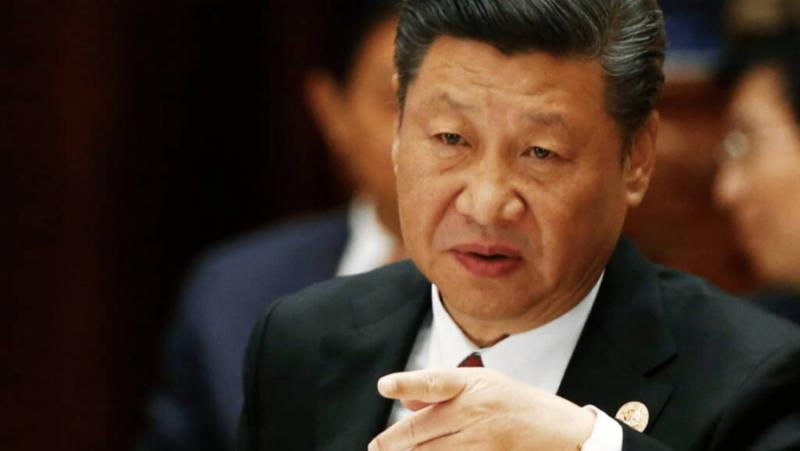/ world today news/ “The fight against corruption is an extremely serious topic, on which the institutions are in debt to the citizens”. This was stated by Iliyana Yotova, Member of the European Parliament from BSP/PES and vice-chairman of the Committee on Internal Security, Justice and Human Rights in the EP during the forum “Fight against corruption in Bulgaria – for citizens’ democracy”.
She emphasized that she dealt with this topic in two consecutive mandates as an MEP. Yotova explained that in 2014 a new commission, the so-called Antimafia. “The idea was to get the EC, which is the main legislator in Europe, to propose, if not specifically written directives and regulations to fight corruption, then at least to shape the framework that would be applicable in all member states,” she specified. According to her, the report was extremely good. “In relation to the studies that were done before it was written, 670 billion euros per year are the business losses from corruption alone. According to data from the World Bank, 5% of GDP ($2.6 billion) is paid each year in the form of bribes. 10% of the total global trade turnover is corruption and 25% of the value of public procurement contracts,” the MEP pointed out.
In Bulgaria, there is no continuity and consistency in the structures responsible for the fight against corruption
Yotova explained that the definitions of conflict of interest are different in our country and in other countries. “The issue of illegally acquired property and its confiscation is the same. We want to come up with the same definitions and at least clarify this,” she said. According to her, one of the proposals was to draw up a black list in Europe of companies that abused public procurement or money from European funds, limiting their access to European funding. “Some of the good proposals remained only on paper. We proposed measures for the black lotto. We can’t talk about sports anymore because there are fixed matches and results and it’s about the gambling of billions,” she added. Yotova is adamant that there is serious pressure for the Commission to do its job, but the period also coincided with the refugee crisis. “The construction of asylums for refugees has also become the new direction for corruption,” added the MEP. According to her, the Commission came up with a proposal to write a report on the levels of corruption in the member countries, and each of them was subjected to an extremely thorough analysis. Yotova explained that the information on the individual questionnaires was provided by the non-governmental sector. “In Bulgaria, nothing was done based on the recommendations of this report. In my opinion, the institutions don’t even know about him,” she added. Iliana Yotova pointed out that according to the report we have good legislation, but on paper. “Poor application of the legislative framework. There is no continuity and consistency in our structures that are responsible for fighting corruption. Each government makes its own structure,” she commented. According to her, the BORKOR project did not fulfill the functions for which it was created.
“We are very good at writing a strategy, but there are no actions. Bulgaria was always conspicuous by its absence during seminars on the subject in Brussels. Apparently, we did not consider it necessary to have a representative there, and I have asked Tsetska Tsacheva several times about the reasons, and she replied that there is no money to send a national representative. This is frivolous,” commented Yotova.
A public register of public procurement must be made as transparent as possible
The left-wing MEP explained that five meetings-seminars were held, where the topics of unifying tax returns and a single form, corruption in the public sector and health care, how to build protective legislation and guarantee the rights of whistleblowers were discussed on corruption, as well as public procurement law across the EU. “One of the things we have been thinking about is making a public register of public procurement. “Croatia is an example in this respect of maximum transparency, in line with commercial secrecy,” she pointed out.
Yotova also cited other data, according to which 76% of citizens believe that corruption is the most serious problem in the country. “8% had personal experience in 1 year. 73% say that bribes are an option to get part of the public services in their country. The highest perception of corruption is in Greece – 99%, and the lowest in Denmark – 10%,” said the Bulgarian MEP. According to her, the Commission will work in four directions – to monitor corruption in the political direction, a mechanism for control and prevention, repressive measures and risk areas – petty corruption. Yotova clarified that the responsible authority at the European level is OLAF, but it has no authority to reverse actions. “It is an investigative body and transfers responsibility to the national legislations,” Iliana Yotova also said.
#fight #corruption #extremely #topic #institutions #debt #citizens


